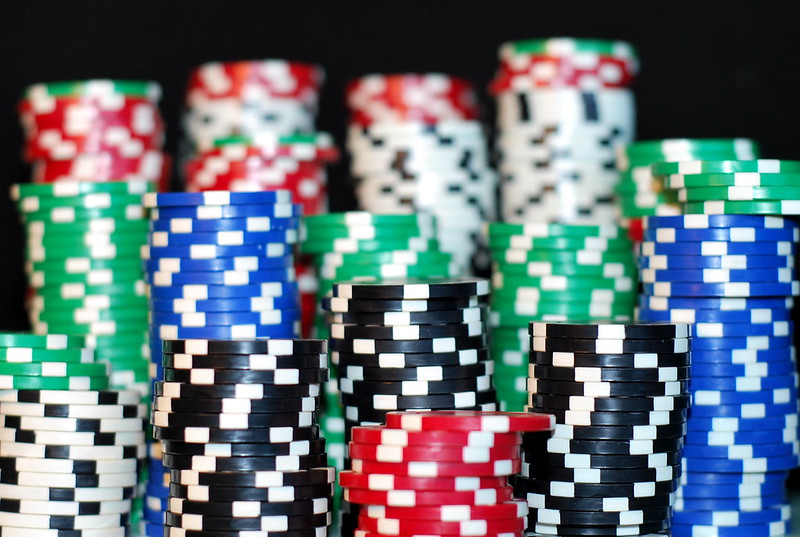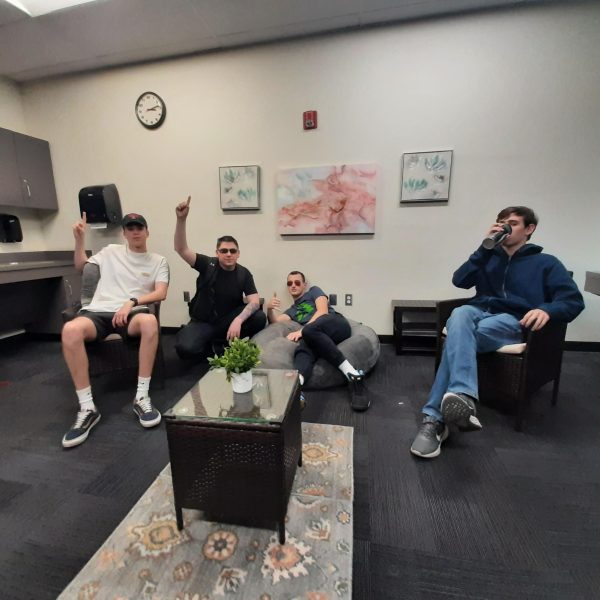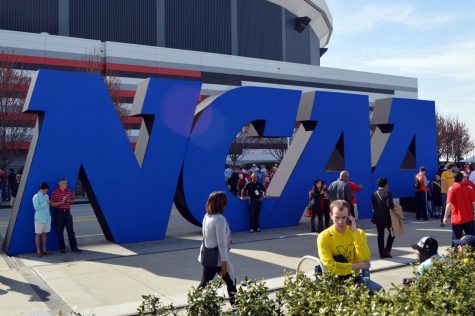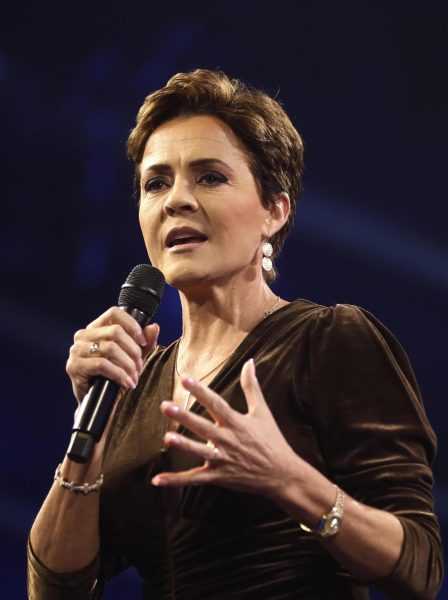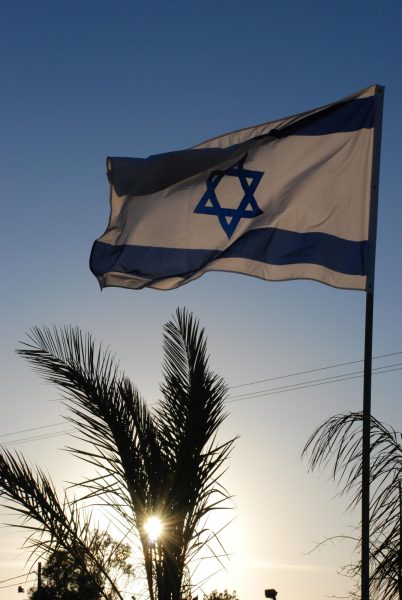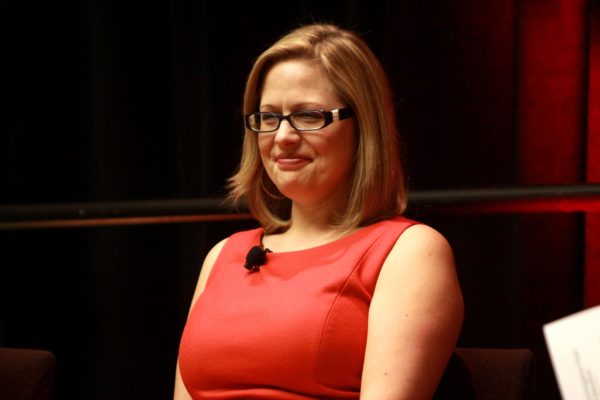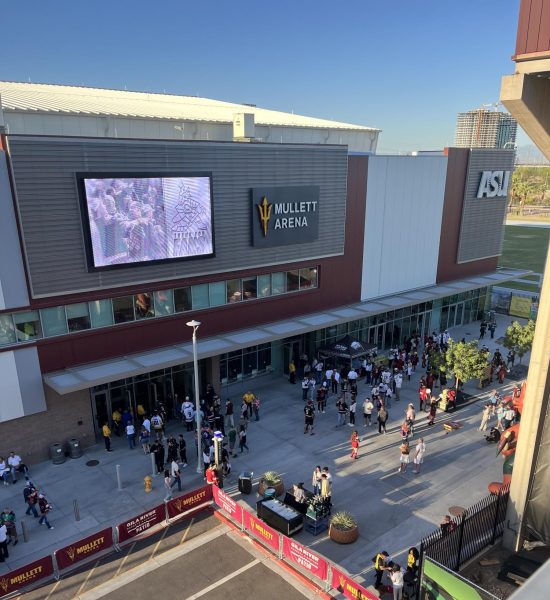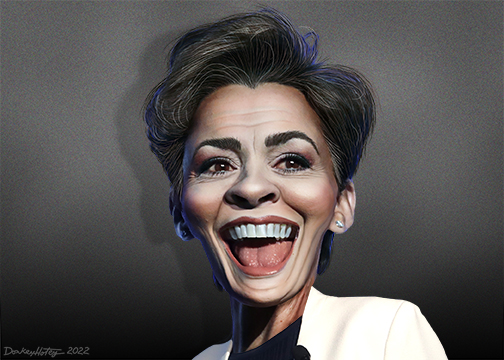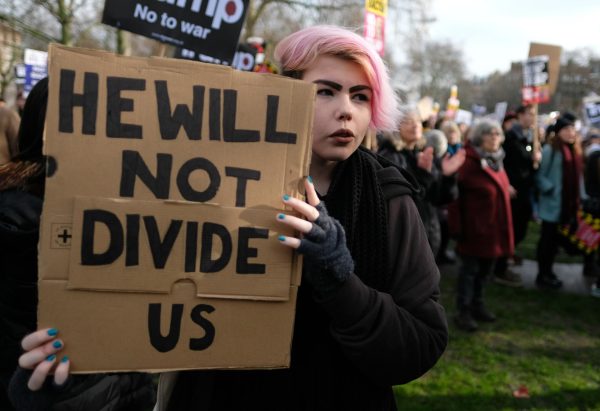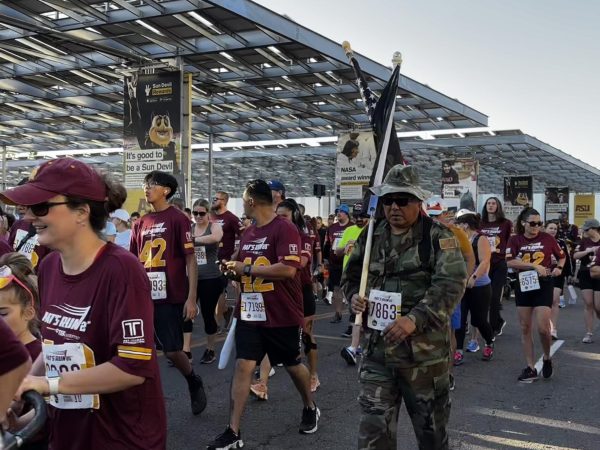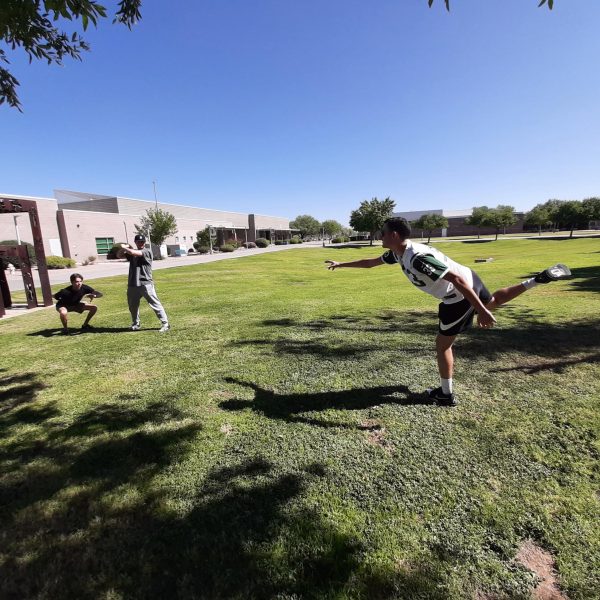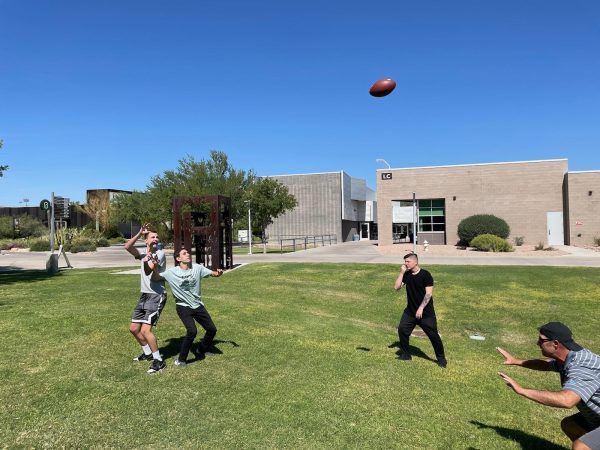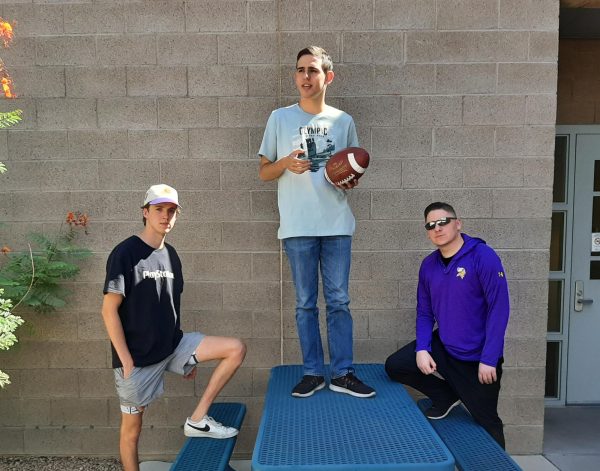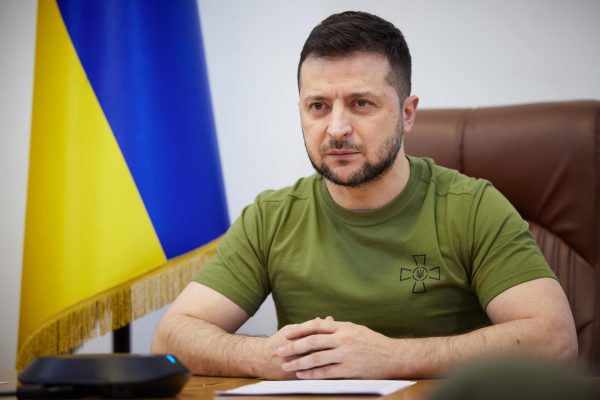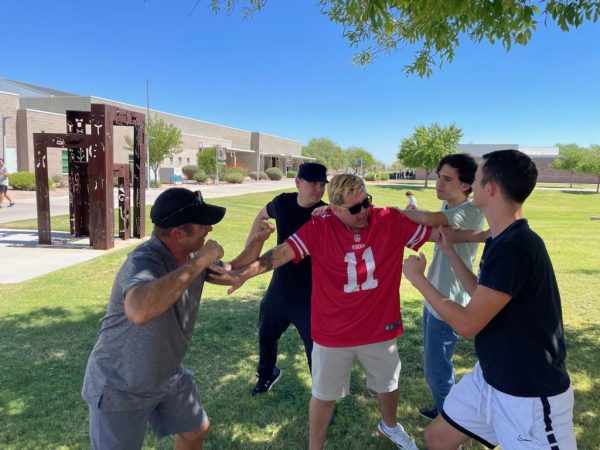World Series of Poker’s pandemic double standards are overshadowing the poker itself
OPINION: The internationally-recognized tournament needs solutions for its participation drop
The World Series of Poker was first held in Downtown Las Vegas in 1970.
The World Series of Poker (WSOP) and its million-dollar prize pools made an in-person return to Las Vegas on Sept. 30 after a 26-month hiatus due to COVID-19.
Normally, the WSOP begins each spring, but this year’s 52nd annual edition will run until right before Thanksgiving on Nov. 23.
Officially, there was a WSOP in 2020, but it was a virtual event with 85 online tournaments, and each one awarding the traditional gold bracelet to the winner.
What was less-traditional was the high percentage of No Limit Hold’em (NLH) events in both the entirely-online 2020 WSOP schedule, and the online portion of the 2021 schedule.
Other poker tournament series have largely become all- or almost-all NLH, as it is easier to deal and many casino operators see it as a quicker way to generate revenue — mainly, by getting fast player bust-outs and getting those players into more lucrative house games such as craps, slot machine play, or even live poker.
What makes the WSOP special and unique is that all forms of poker have always been well-represented on each year’s schedule, no matter the current poker “flavor of the day.” Today, that’s NLH, but in the 1970s was Draw Poker, in the ’80s Seven Card Stud, and in the ’90s, when Limit Hold’em was king.
WSOP executive director Ty Stewart explained that current software is not capable of running all the different online tournament poker variations.
What is perplexing about this almost-exclusively NLH online lineup is that 15 years ago, Full Tilt Poker ran the “Mini Series of Poker” (MSOP) online each year for five straight years. Every form of poker played in those years’ WSOP events was held in those online MSOPs.
Further, there were far more entries in each of those MSOP events than in the live WSOP, and it all went smoothly with no hitches, despite thousands of entries in many events.
For a long time, the technology has existed to hold a traditional World Series of Poker online (all poker forms including Draw, Stud and Omaha variants), not just the World Series of No Limit Hold’em.
***
As mentioned, the coronavirus pandemic cancelled 2020’s live Las Vegas event (except for the main event final table). In 2021, the WSOP initiated new COVID-19 policies — which are puzzling, at best.
In July, the WSOP put out a rule (#115) stating anyone can be removed from the WSOP at any time with no refund if it is determined that player came into contact with another WSOP player who tested positive for COVID.
Poker players in general have little in common with the likes of PGA golf pro Jon Rahm, who was recently forced to withdraw from a PGA event due to a positive COVID test and to forfeit his likely top prize of $1.7 million. Rahm was leading the final round by six shots at the time.
Taking away thousands of dollars in a similar manner from most poker players would be a financial hardship, to say the least, whereas Rahm’s ilk routinely wins millions of dollars.
Next, an Aug. 26 announcement stated that all 2021 WSOP entrants must be fully vaccinated agains COVID. What is odd about this rule is that a player can play poker in any other Las Vegas poker room without running into that requirement, including other most poker rooms in town owned by the Rio’s parent company. Las Vegas and its casinos are only under a mask mandate ordered by the state’s governor.
And just outside the WSOP tournament area, no vaccination proof is required to gamble in the rest of the Rio casino — including playing slots, craps, and blackjack, or eating in any Rio restaurant.
Even more odd is that poker dealers and other WSOP employees are NOT required to be vaccinated. Thus, the WSOP rule’s hypocrisy seemingly defeats the mandate’s purpose. Northeast Valley News reached out to various representatives from WSOP headquarters, and neither interview inquiries nor requests for comment were granted.
Perhaps the mandate offers an explanation as to why overall WSOP attendance is down 30 percent.
Why does this double standard exist? Wouldn’t an unvaccinated dealer at a player’s table pose the same problem as an unvaccinated player at any table?
***
Let’s say that after weeks of planning, a regular tournament competitor made a weeklong reservation in Las Vegas. Our player bought a ticket to the WSOP and, like every other player, had a dream of making it to the final table and winning millions (or even winning the world championship after a week of grueling competition), perhaps becoming the next big thing in poker…but they were unaware of the vaccine mandate. Then what?
The player has been eliminated from the World Series, but has a week or more left to kill in Las Vegas. That same player ventures out into the rest of the Rio casino, where there are no vaccine mandates, and they can win money elsewhere.
What did the WSOP’s vaccine rule accomplish, other than exclude people who were unvaccinated in time for competition or for their own personal reasons?
Perhaps the mandate offers an explanation as to why overall WSOP attendance is down 30 percent.
Unlike the rest of Vegas’s casinos, WSOP players are not required to wear masks at their poker table. But players will be mobile at some point and possibly risk exposure to a deadly virus — unless there are additional rules that would keep WSOP players in one place. In the future, and even during COVID, there are better options.
- If COVID remains an issue (as many believe it will for the foreseeable future), WSOP should use the same rules that much of Vegas’s gambling district is using — including the rest of the Rio outside of the WSOP area and other Rio properties.
- If a player is going to be disqualified for a COVID-related issue, then said player should receive a refund. After all, the WSOP has paid out billions in the last decade. Refunds in the thousands should not be an issue at this venue.
- A current negative COVID-19 test paid for by the player at each tournament sign-up should be an option, in line with other federal mandates for large employers or large venues, which offer weekly testing option. Most WSOP tournaments are three-day events and conclude a little over 48 hours after starting.
- Due to overcrowding and COVID concerns, mega-events which are low buy-in and have more than 10,000 entrants can begin online, with an in-person format prepared once the field narrows to under one thousand — manageable numbers, in line with most WSOP events.
- Post-pandemic, when holding these 10,000- or 20,000-player events, a special or separate sign-up process for those players should be made available, so a WSOP regular playing in a higher-cost, 1,000-player event doesn’t have to wait in a 21,000-player line.
- Finally, get the computer programs desperately needed to run all forms of online poker. Have all forms of poker tournaments on the schedule, which aligns with WSOP tradition.



